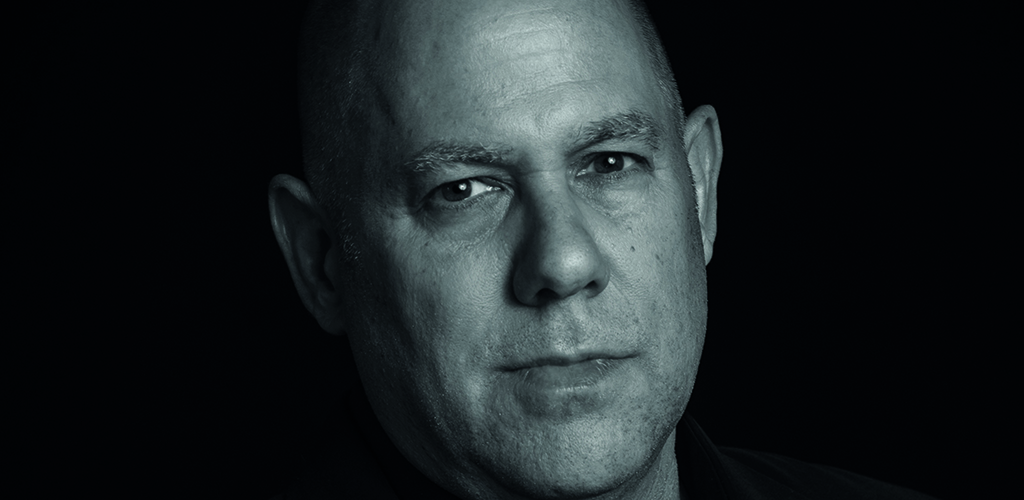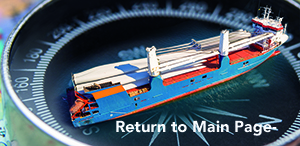Devlin: Safety and Sustainability Goals

Dennis Devlin, senior director – special project logistics, North America, Maersk
 Customer expectations in global trade and logistics broadly – and in the project cargo sector specifically – are, in many ways like consumer expectations, constantly evolving. Since I joined the project logistics sector in 1988 safety has been a key focus of many clients, especially those in the chemicals and engineering, procurement and construction sectors. Safety will rightly continue to be a key focus. But increasingly, shippers who are qualifying freight forwarder and carrier subcontractors are focused on things that one did not see in the prequalification questionnaires decades ago, for example due diligence, policies and practices regarding regulatory compliance, anti-corruption, forced labor and human trafficking.
Customer expectations in global trade and logistics broadly – and in the project cargo sector specifically – are, in many ways like consumer expectations, constantly evolving. Since I joined the project logistics sector in 1988 safety has been a key focus of many clients, especially those in the chemicals and engineering, procurement and construction sectors. Safety will rightly continue to be a key focus. But increasingly, shippers who are qualifying freight forwarder and carrier subcontractors are focused on things that one did not see in the prequalification questionnaires decades ago, for example due diligence, policies and practices regarding regulatory compliance, anti-corruption, forced labor and human trafficking.
Given the global threat of climate change, sustainability programs and tracking are increasingly a very important key customer requirement. According to the U.S. Environmental Protection Agency, the transport and logistics sector in the U.S. is responsible for more emissions (29 percent) than the generation of electricity (25 percent).
Globally, but especially in Europe and to a lesser extent North America, logistics companies have begun to offer options to shipper clients who themselves have internal objectives around environmental sustainability, and who require action regarding sustainability from their sub-contractors, including truckers, forwarders, ocean and air carriers.
Increasingly, truck manufacturing companies are developing, and trucking companies are investing in electrically operated fleets as well as battery charging stations. Ocean carriers are investing in ships which will use alternative, less impactful fuels. Air carriers are focused on solutions for greener jet fuel. And freight forwarders are implementing detailed client programs which offer lower emission transport options, as well as track and report emissions. Barge lines and railroads will continue to highlight the significantly lower emissions generated by those two vital transport modes when compared with long-distance trucking.
Other factors such as advances in 3D printing, more domestic procurement where possible and even work-from-home policies may also have a positive impact in the future. And shippers may plan and execute procurement and logistics farther in advance, not only for reasons associated with the current supply-demand imbalance in shipping, but also for reasons associated with sustainability, such that just-in-time shipping may be a thing of the past.
Back around 2012, Unilever’s CEO Paul Polman, one of the top corporate leaders promoting sustainability at that time, wrote: “If we achieve our sustainability targets and no one else follows, we will have failed.” The good news is that others are indeed following, and many businesses are now demanding that those with whom they do business implement sustainability programs.
